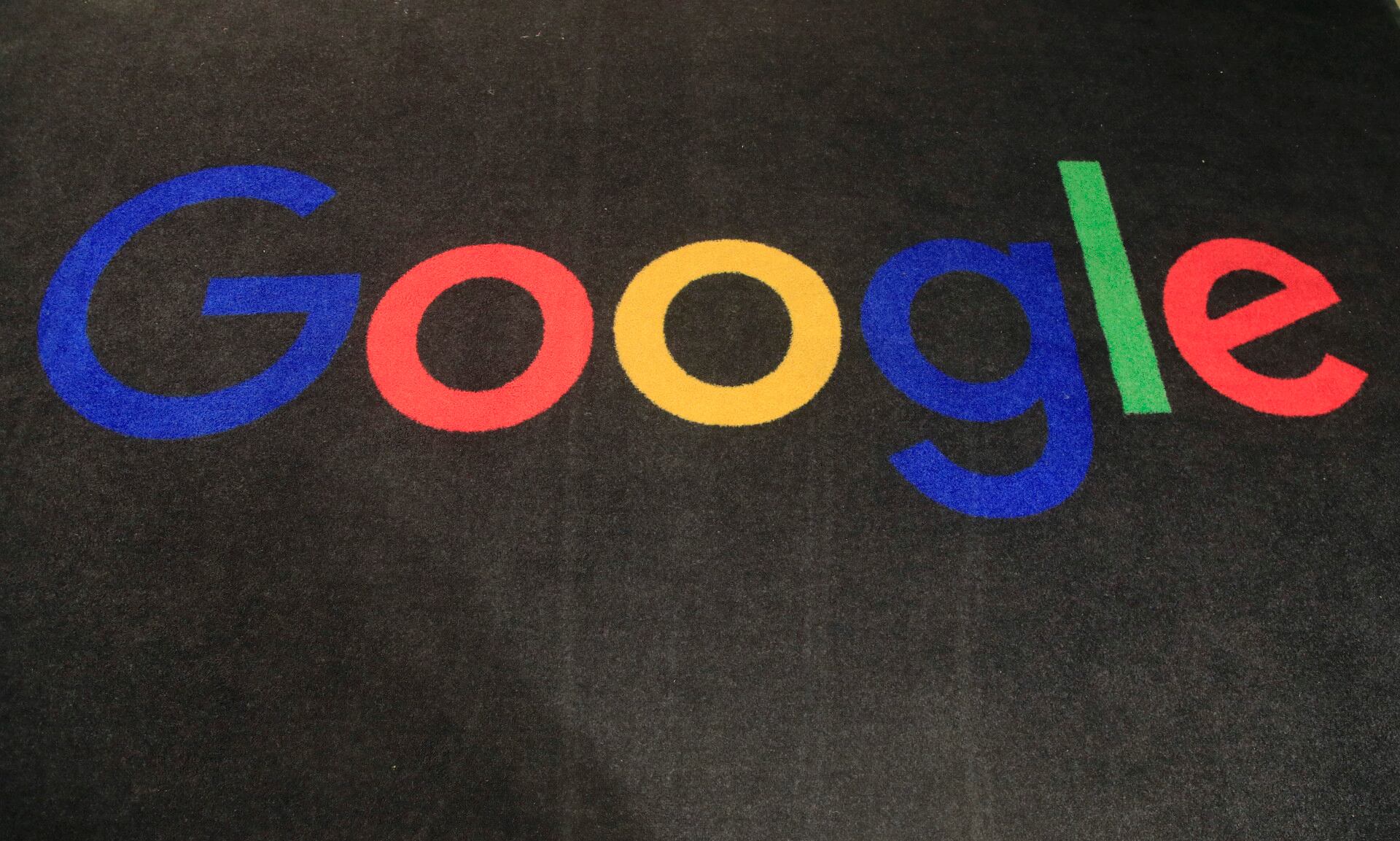By Michael Liedtke
Google on Monday will try to protect a lucrative piece of its internet empire at the same time it’s still entangled in the biggest U.S. antitrust trial in a quarter century.
The latest threat will unfold in a San Francisco federal court, where a 10-person jury will decide whether Google's digital payment processing system in the Play Store that distributes apps for phones running on its Android software has been illegally driving up prices for consumers and developers.
The trial before U.S. District Judge James Donato is scheduled to last until just before Christmas and include testimony from longtime Google executive Sundar Pichai, who is now CEO of the company's parent, Alphabet Inc.
Pichai recently took the witness stand in Washington D.C. during an antitrust trial pitting Google's long-running dominance of internet search against the U.S. Justice Department's attempt to undercut it on the grounds the the company has been abusing its power to stifle competition and innovation.
The case targeting Google's Play Store is being brought by Epic Games, the maker of the popular Fortnite video game, which lost in a similar 2021 trial focused on many of the same issues in Apple's iPhone app store.
Although a federal judge sided with Apple on most fronts in that trial, the outcome opened one potential crack in the digital fortress that the company has built around the iPhone.
The judge and an appeals court both determined Apple should allow apps to provide links to other payment options, a change that could undermine the 15% to 30% commissions that both Apple and Google collect on digital purchases made within a mobile app. Apple is appealing that part of the ruling to the U.S. Supreme Court, where Epic is also challenging most elements of the case that it lost.
Epic is now taking aim at Google's commission system, even though Android software is already set up to allow other stores, such as Samsung's installed on its phones, distribute apps that work on the operating system. Even so, Epic maintains that Google still maintains a stranglehold on the Android app ecosystem and the payment system attached to it — and has paid hundreds of millions of dollars to stifle competition.
Much like Apple did in its trial, Google defends its commissions as a way to be compensated for all money that it invests into its Play Store and asserts that the controls over it are a way to protect the security of the tens of millions of people in the U.S. who download apps for phones powered by Android.
Google initially was going to have to defend itself against multiple foes in the trial, but in September it settled allegations that had been brought against the Play Store by state attorneys general and just last week resolved a case being pursued by Match Group, the owner of Tinder and other online dating services.
The Match settlement prompted Google to switch from its original request for a jury trial to a proceeding to be decided by the judge, but Donato rebuffed the bid.
Match is receiving $40 million and adopting Google's “user choice billing" system in its settlement. The terms of the resolution with the state attorneys general is expected to be revealed during Google's trial with Epic.
Epic CEO Tim Sweeney skewered the “user choice billing” option as a sham in a social media post vowing to fight Google in court. Sweeney also is expected to take the witness stand during the trial.
Wilson White, Google's vice president of government affairs and public policy, accused Epic of trying to get “something for nothing” in a blog post. After pointing out that Epic already lost the crux of its case against Apple, White blasted the game maker for “trying their luck with Android by bringing a case that has even less merit.”













